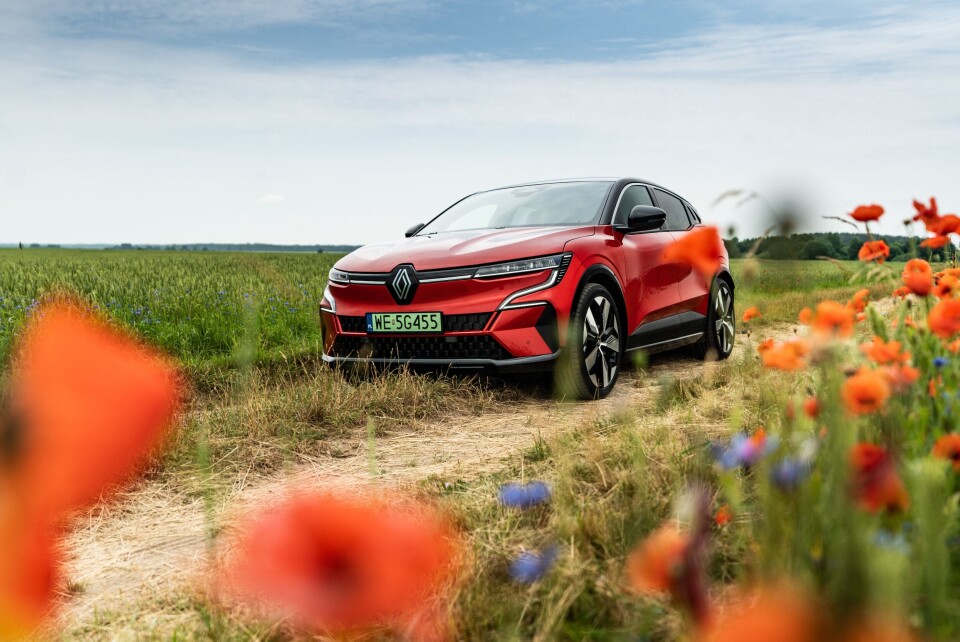-
Exemption from fees to register electric car to end across most of France from May
Applying for a carte grise will soon become more expensive
-
Why you may see a low-flying helicopter near you in west France
Residents of the Loire-Atlantique region may spot the aircraft until at least the end of May
-
Graph: How do French electricity prices compare with other EU countries and UK
Costs have steadily risen across the last decade
Fast electric car charger designed in France can send power to grid
Renault promises the bi-directional charger will cost less than existing ones when it is introduced over the next 10 years

A revolutionary charger for electric car batteries has been designed by Renault, which claims it is 30% more efficient than existing ones and allows energy to be put back into the grid at peak demand times.
The bi-directional charger will be introduced to the company’s electric vehicles over the next decade, with the new electric R5 probably being the first model to be fitted with it.
Read more: Iconic French car is unrecognisable in Renault’s electric SUV redesign
Uses new materials make it quicker
It has been developed in conjunction with French state-owned research body the Commissariat à l’énergie atomique et aux énergies alternatives with new electronic power converter architecture that took three years to develop and is protected by 11 patents.
Using new materials, it will be smaller than existing chargers and the 30% efficiency improvement will allow cars to be charged quicker and improve the lifespan of batteries.
In practical terms, it means a vehicle such as the Mégane E-Tech Electric would go from taking six-and-a-quarter hours to charge from a 7kW wall box fitted in a home garage to just over four hours.
Read more: Tax breaks continue for installing electric car home charger in France
Boost to electricity grids on cloudy days
At the moment, bi-directional connections to the grid from cars are still banned in France but the government has made changing the regulations to allow them one of its priorities.
The bi-directional facility will be particularly useful as the move towards renewable energy sources gathers pace, giving a boost to electricity grids on cloudy and windless days when power production will be low.
Energy taken at off-peak times, for example, could be stored in the car battery and then taken back into the grid at peak and more expensive energy times.
Changes to the materials used in the charger mean it will cost less than existing ones, Renault claims, although it did not specify by how much.
Maximum charging capacity will be 22kW using three-phase power.
Read more: French TV news gives weather report-style electricity usage updates
Technology sharing not confirmed
The engineer at Renault in charge of the project, Jean-François Salessy, said the work will open other lines of research into power electronics, and allow a better use of the capacity available in batteries.
It is not clear if the Renault technology will charge other manufacturers’ electric cars, nor if the company is intending to licence it to others.
To date, no mention of sharing the technology with Nissan has been made, illustrating the growing distance between the Japanese car manufacturer and Renault, although they are still in joint ownership.
Related articles
Recap: 2023 French state aid for switching to a less polluting car
Electric cars, hybrids, public chargers - views of EV owners in France
Electric car owners let down by lack of fast chargers in France
























